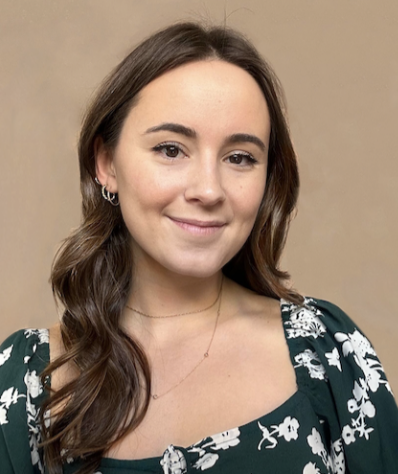Have you ever seen an entry-level job posting that requires many years of experience and rolled your eyes? I do the same when I hear someone say that publications are necessary for graduate school applications. Though there may be differences depending on the specialty (mine is epidemiology and biostatistics), in my experience, having publications may help your chances, but not having them probably won’t hurt.
The mentality of “publish or perish” is widespread in academia. And don’t get me wrong - disseminating findings is an important step of the scientific method. This enables the replicability of research and builds evidence needed to support or refute hypotheses and theories, as well as policies and guidelines. However, emphasizing publications for early-career researchers may lead people to develop some bad habits (e.g. p-hacking, use of generative AI) for the sake of padding their resume. Early-career researchers should focus more on cultivating other necessary skills, like critical thinking, communication, time management, data collection, and analysis, rather than focusing their energy on the end result.
In reality, having publications before graduate school is more often a product of your work environment rather than a metric of your productivity. Though there are some criteria for authorship (see The International Committee of Medical Journal Editors (ICMJE) guidelines), lab supervisors and principal investigators have internal biases that guide their decisions about who to include individuals as co-authors on papers, let alone who can lead papers. Since there is such variability in what authorship means, determining the exact role a student had on a paper is challenging from the resume alone. While having publications may help open the door, getting in the door relies on you being able to describe your contributions and what you learned from the experience when asked during an interview. If you are unable to do that, then the benefit of having publications rapidly diminishes.
Through my experiences mentoring individuals and my conversations with peers at Harvard, I have seen a wide range of publication history before graduate school. While some folks have had a few publications under their belt, others have had none. Yet all were accepted to top PhD programs in public health, including Harvard, Yale, Johns Hopkins, and UNC Chapel Hill. The common denominator was their strong sense of purpose and clear reason why.
More important than the number of publications you have on your resume are your personal statement and letters of recommendation. Here you can demonstrate how the program to which you are applying will enable you to become a better, independent researcher. You can provide context on what led you to become interested in your field and how your experiences have shaped your career goals. You can then also identify the reason(s) you cannot reach those goals in your current position and how the graduate program will allow you to fill the gaps in knowledge or skills that are critical for you to take the next step in your career. Letters of recommendation that support these sentiments and parallel your career goals further enhance your application and make you stand out.
People who ask, “How important are publications?” often follow up with, “Should I wait to apply?” even when my response to the former is, “They're not that important.” If you have reached the point in your professional development where further education and independent research are needed for you to progress in your career, I discourage delaying your application to build out your resume with papers. You can always add a section labeled “Works in Progress” for papers on which you are a lead or co-author that are in progress or under review. Otherwise, my recommendation is to focus on building relationships, honing your skillset, and determining why you cannot accomplish your goals without more formal training. If in the process of doing all of this, you gain a few publications on the way, great! If not, don’t fret - there’s still hope for you yet.


Comments